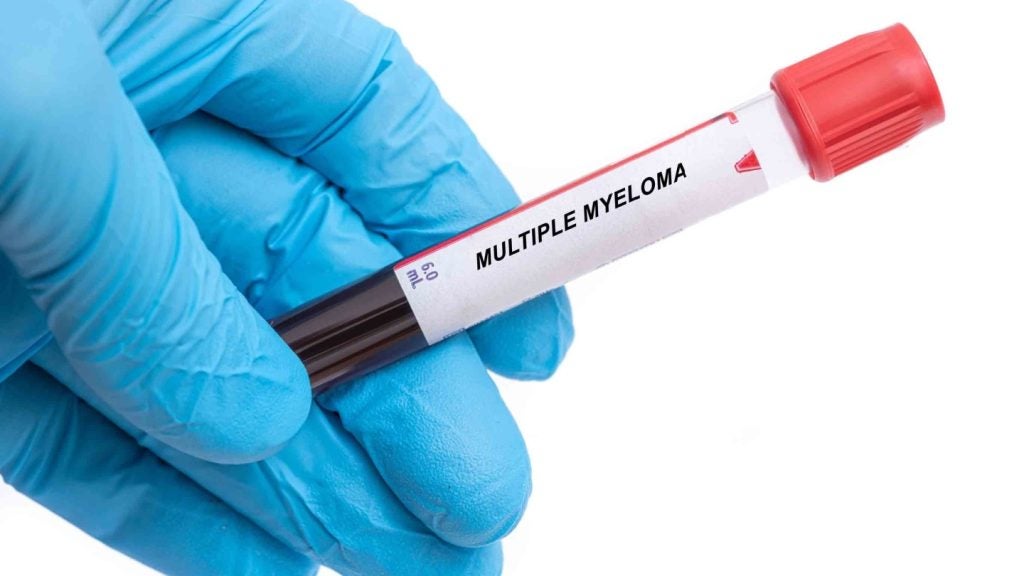The European Medicines Agency’s (EMA) Committee for Medicinal Products for Human Use (CHMP) has recommended the approval of Sanofi’s Sarclisa combined with Velcade, plus Revlimid, plus dexamethasone (VRd) for treating newly diagnosed multiple myeloma (MM).
This combination is intended for individuals who are not eligible for autologous stem cell transplants.
The CHMP's decision was influenced by the outcomes of the global Phase III IMROZ trial, which evaluated Sarclisa combined with VRd and VRd alone in enhancing progression-free survival.
The therapy, which includes mechanisms such as apoptosis and immunomodulatory activity, has been approved in more than 50 countries for certain adult patients with relapsed or refractory MM.
Additionally, its safety profile, when combined with VRd, was found to align with previous findings, exhibiting no new safety concerns.
Sanofi development global head and chief medical officer Dietmar Berger said: “The positive CHMP opinion is an important step forward for people with transplant-ineligible newly diagnosed multiple myeloma for whom effective front-line therapy may improve long-term outcomes.
“If approved, this Sarclisa-based combination could establish a new standard-of-care treatment approach for patients in the EU, helping to address a critical care gap in multiple myeloma treatment, and reinforcing Sarclisa’s potential as the anti-CD38 therapy of choice.”
Sarclisa received its first worldwide approval from the Food and Drug Administration (FDA) in September this year, for this indication, with the FDA granting it orphan drug exclusivity.
The company is committed to furthering its clinical development programme, which includes a range of Phase II and Phase III trials for multiple potential indications.
While awaiting the final decision from the EMA in the coming months, the company is also exploring a subcutaneous administration method for Sarclisa in clinical trials.
However, regulatory authorities have not yet evaluated the safety and efficacy of Sarclisa outside its approved indications and administration methods.
In June 2020, the company received approval from the European Commission for the therapy to treat MM.















